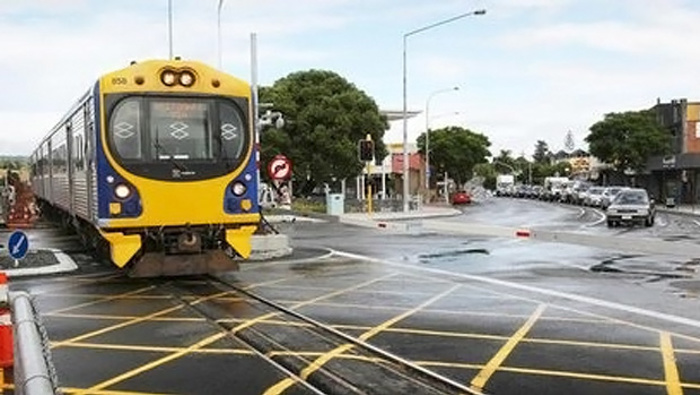Follow
the podcast on


So, it's not a cost-of-living crisis after all. Even though Grant Robertson admitted it was on my programme last night.
No, it's an energy crisis.
Which it is. A blip in energy supplies forced the price up. But that price is so high that when combined with inflation it became a cost-of-living crisis.
It's fair to say this government prides itself on its communication skills but the refusal to utter the c-word made them seem distant and out of touch.
The petrol tax cut is a welcome temporary relief but I'm not seeing it as an answer to the queues at food banks.
But seeing as it's now an energy crisis I am hearing some excitement at the halving of public transport costs because this is thought to address the other crisis we've been ignoring during the pandemic, emissions and their effect on climate change.
Making public transport cheaper or in some cases free is increasingly common amongst cities and nations.
Luxembourg did it 2 years ago. Germany is seriously considering making all their public transport free. Melbourne made its inner-city trams free, even the capital of the car in the States, Detroit, has made some of its bus routes free.
So, here's the thing. Does it work? Does it take people out of cars and onto buses, trains and ferries and does it reduce emissions?
Well yes and no. Studies into free public transport show large increases in usage. But not from car users. Pedestrians and cyclists take advantage of systems and people who might have bought their first car delay it while they save money. Meanwhile, emissions are barely affected.
The lure and convenience of the car is hard to break. If you've bought your car, sourced your parking space and prepared to wade through the congestion, you're not giving up the heater and the radio and the personal space that easily.
If you really want to get people out of cars then the experts believe you need to increase the cost of parking, introduce congestion charging, or increase fuel taxes. Those steps combined with free fares would lower car demand. But they're really unpopular.
Which is not to say the idea of free public transport won't work.
The fact remains that when a city hits peak road, there's no way to build more. People seem unaware of just how expensive roads are and public transport is a much cheaper way to increase capacity. And change is incremental over time.
The great public transport systems like the London Underground and Paris' Metro have had generations grow up with them. Without them, Paris and London would be even more of a mess than they are now.
If we're going down this track, which I think is an even chance, we'd have to commit to the idea and hope that with time habits would change.
Take your Radio, Podcasts and Music with you









